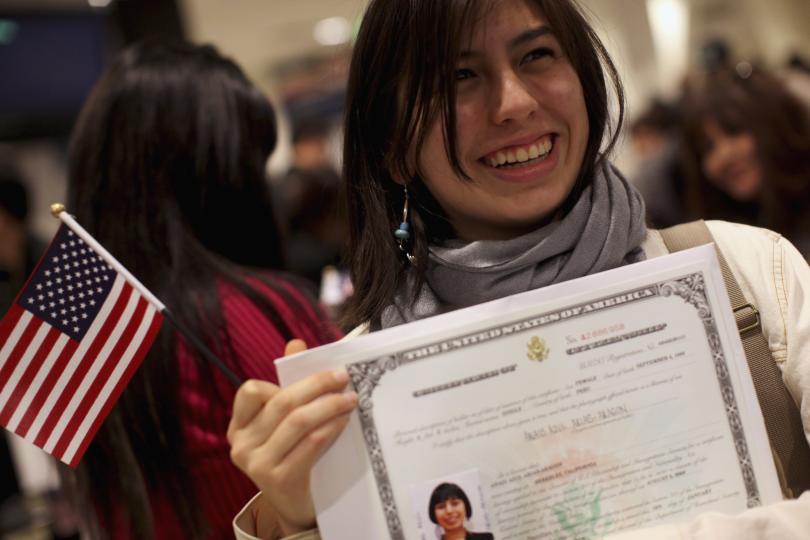Getting US citizenship is the right thing to do. It’s not only good for you but for your family as well. Obtaining United States nationality isn’t difficult but it does require a lot of hard work and a lot of patience. The laws are clear about the conditions you have to meet in order to have United States citizenship.
English test
Having a decent knowledge of the English language is essential if you are applying for U.S. citizenship. This test tests your English skills in the context of the American government.
The test is divided into three parts. One part is a written test. Another part is a reading test. You will be given a tablet to complete the test on. You’ll be required to read a passage and answer a few questions.
The reading and writing tests will be the most time-consuming parts. The reading test will require you to read a passage, write one out of three sentences, and then answer a question.
There are many free resources available on the Internet. Some are even multimedia-based, such as videos. Depending on your level of English proficiency, you may want to opt for audio study materials. You may also want to use a study guide in a large print format to facilitate low vision.
To get US citizenship requires a fair bit of physical presence in the country. The physical presence requirement is generally determined at the time of a naturalization application. However, there are some exceptions that might apply to a given case.
The best way to meet the physical presence requirement is to show proof of continuous residence. This means that you must be in the country for at least half of the required amount of time. This can be anything from a few months to years.
The minimum requirement for physical presence is two and a half years. However, the average applicant will only have to show about 30 months of residence in the country. If you are married, the spouse only needs 18 months of physical presence.
In addition, you may be required to take the test of 330 days in a foreign country. This does not include time spent in your country of tax residency.
Taking the oath of allegiance is the final step of becoming a United States citizen. It consists of four parts: renunciation of allegiance to foreign states, support of the United States Constitution, service to the country, and defense of the Constitution.
If you’re considering becoming a United States citizen, you should learn more about the oath. You can read the full text of the Oath below.
The United States Oath of Allegiance ceremony was first administered in 1778 during the American Revolution. The Naturalization Act of 1790 required prospective citizens to take the oath. While the law does not require applicants to take a specific religious text, some applicants prefer to take a different version of the oath.
Taking the oath requires applicants to renounce allegiance to foreign princes, states, and nations. It also requires applicants to defend the Constitution and laws of the United States. The ceremony may take place in a state or federal courthouse, or a stadium.
Applying for a longer list of foreign national family members to join you in the U.S.
Obtaining a Green Card for a family member involves a number of steps and requires attention to detail. Oftentimes, a would-be petitioner hires an attorney to help them with the process.
The first step involves proving that you have a qualifying family relationship with the foreign national. This means you can support them financially until they can support themselves. You must also show that you will not become a public charge.
Your family members must have travel documents prior to leaving the country. You can get these documents from the United States Citizenship and Immigration Services.
If you are a foreign national and you would like to obtain a green card for your family, you must prove that you have a qualifying family relationship with a U.S. citizen or lawful permanent resident.
You must have an I-130 petition filed on your behalf. You can file this petition at any USCIS office. The processing time for a green card application depends on your relationship with your family member and the other consular processing requirements. If you are not able to prove your relationship, you will receive a Request for Evidence notification from USCIS.


